Room 102, Building 13, Area A, Wanyang Zhongchuang Park, Ganyao Town, Jiashan County, Zhejiang China.

Oil pipe screws are critical components used in oil pipelines, hydraulic systems, and other industrial piping applications. They serve as connectors, fasteners, and sealing points for oil transportation systems. Despite their simple appearance, oil pipe screws can experience various faults that affect performance, safety, and longevity. Understanding these common faults helps engineers, maintenance personnel, and operators identify issues early and implement preventive measures.
1. Thread Damage
One of the most common faults in oil pipe screws is thread damage. Threads can be stripped, worn, or deformed due to excessive torque, improper installation, or repeated assembly and disassembly. Thread damage can lead to poor connection between the pipe and fitting, causing leaks or even system failure. Over-tightening or using incompatible threads can accelerate this problem, especially in high-pressure oil systems.
2. Leakage
Leakage is a frequent issue associated with oil pipe screws. Even minor gaps or cracks at the joint can allow oil to escape, resulting in environmental hazards, safety risks, and operational inefficiencies. Leakage can occur due to:
Improper tightening
Worn threads
Damaged or missing sealing components such as O-rings or gaskets
Corrosion or cracks in the screw body
Detecting and addressing leaks early is essential to prevent accidents and maintain system reliability.
3. Corrosion and Rust
Oil pipe screws are often exposed to harsh environments, including moisture, chemicals, and temperature fluctuations. Over time, screws made from low-grade metals or those lacking protective coatings can corrode or rust. Corrosion weakens the screw structure, making it prone to breaking or leaking. Stainless steel or coated screws are often used in industrial applications to minimize this problem. Regular inspection and proper material selection are crucial for preventing corrosion-related faults.
4. Cracks and Fractures
High-pressure oil systems or mechanical stress can lead to cracks or fractures in oil pipe screws. Stress concentration points, such as thread roots or sharp edges, are particularly vulnerable. Cracks may develop gradually due to fatigue or suddenly under extreme pressure, resulting in catastrophic failure if not addressed. Non-destructive testing methods like ultrasonic inspection or dye penetrant testing are often employed to detect early cracks.
5. Sealing Component Failure
Many oil pipe screws rely on sealing components such as O-rings, washers, or gaskets to maintain leak-free connections. Faults in these components—due to aging, chemical attack, or improper installation—can compromise the screw’s sealing performance. A damaged O-ring or gasket often leads to minor leaks initially, which can escalate to significant oil loss over time. Selecting compatible materials for sealing components is vital to ensure long-term reliability.
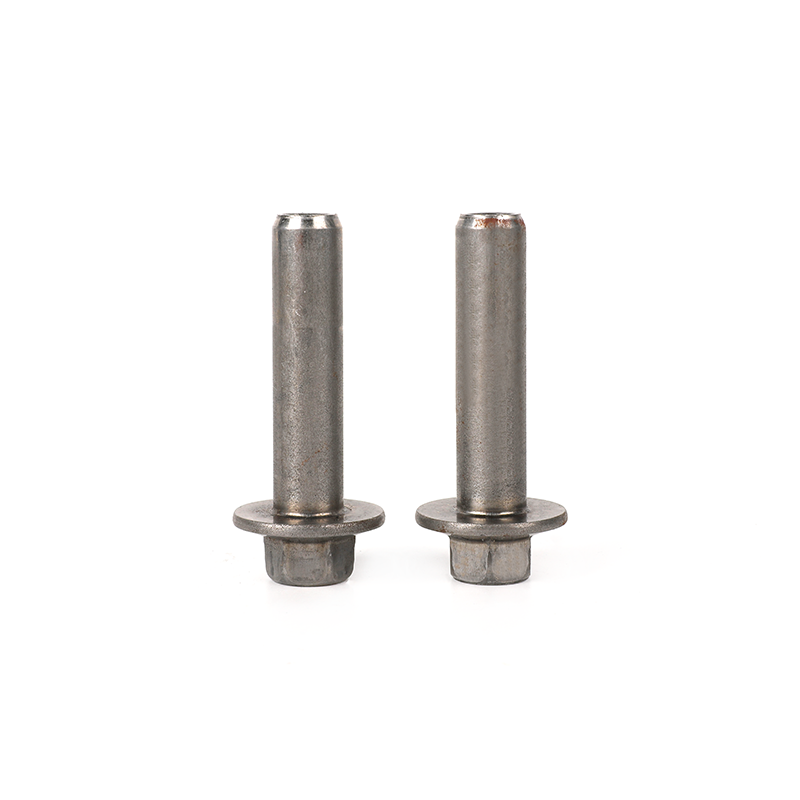
6. Improper Installation
Incorrect installation is a leading cause of oil pipe screw faults. Common mistakes include:
Using the wrong torque during tightening
Cross-threading
Using incompatible pipe or screw sizes
Neglecting to use sealing components
Even high-quality screws can fail prematurely if installed improperly. Training personnel and following manufacturer guidelines are key preventive measures.
7. Wear and Tear
Oil pipe screws experience wear and tear over time, especially in systems that require frequent assembly or disassembly. Repeated use can cause minor deformation of threads, loosening of the screw, or gradual reduction in sealing effectiveness. Regular replacement schedules and monitoring of wear-prone components help maintain system integrity.
8. Temperature-Related Faults
Extreme temperatures can affect the mechanical properties of oil pipe screws. High temperatures may soften certain metals or coatings, leading to deformation or reduced strength, while low temperatures can make screws brittle and prone to cracking. Temperature fluctuations in oil pipelines or hydraulic systems must be considered when selecting screw materials to minimize thermal-related faults.
9. Compatibility Issues
Faults can also arise from incompatibility between the screw and the pipe or oil being transported. For instance, using screws not designed for specific oil types or pressure levels can accelerate corrosion, wear, or leakage. Ensuring material and design compatibility with operating conditions is essential to prevent premature failures.
Conclusion
Oil pipe screws, though seemingly simple, are susceptible to a variety of faults that can compromise the safety and efficiency of oil transportation systems. Common issues include thread damage, leakage, corrosion, cracks, sealing component failure, improper installation, wear, temperature-related faults, and material incompatibility. Addressing these problems requires careful selection of materials, adherence to installation guidelines, regular inspection, and preventive maintenance. By understanding the common faults of oil pipe screws, operators can minimize risks, extend service life, and ensure reliable performance in demanding industrial applications.

Fix anchorbolts include bolts, washers, nuts and 4PCS cylindrical shields. By tightening the bolts, the shields tubes expand and the components can be...
See Details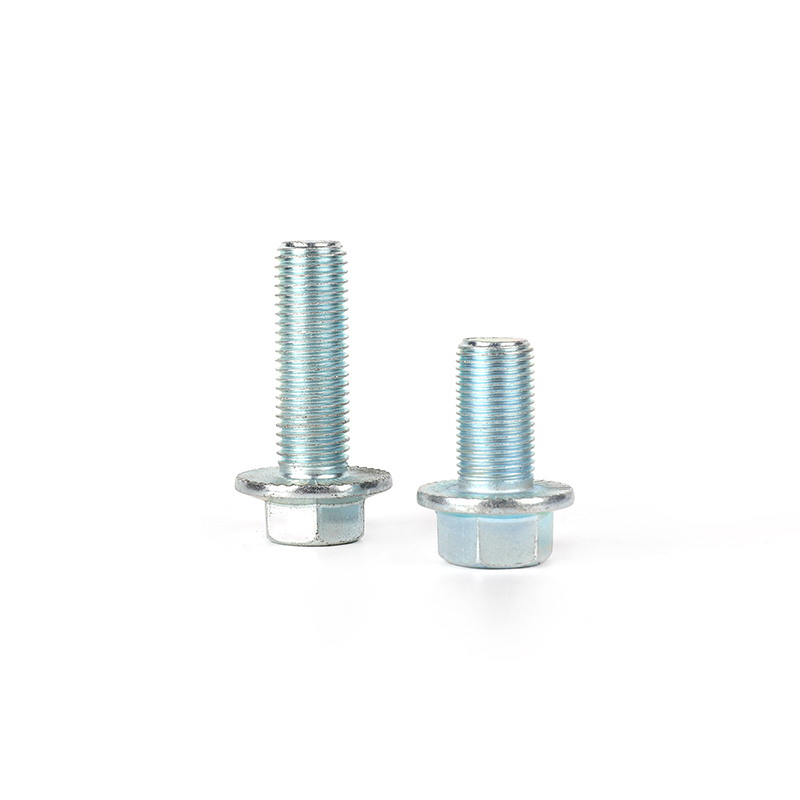
Flange bolts are specially used to tightly connect pipes and components with flanges. We produce flange bolts are solid t and durablethat, compling wi...
See Details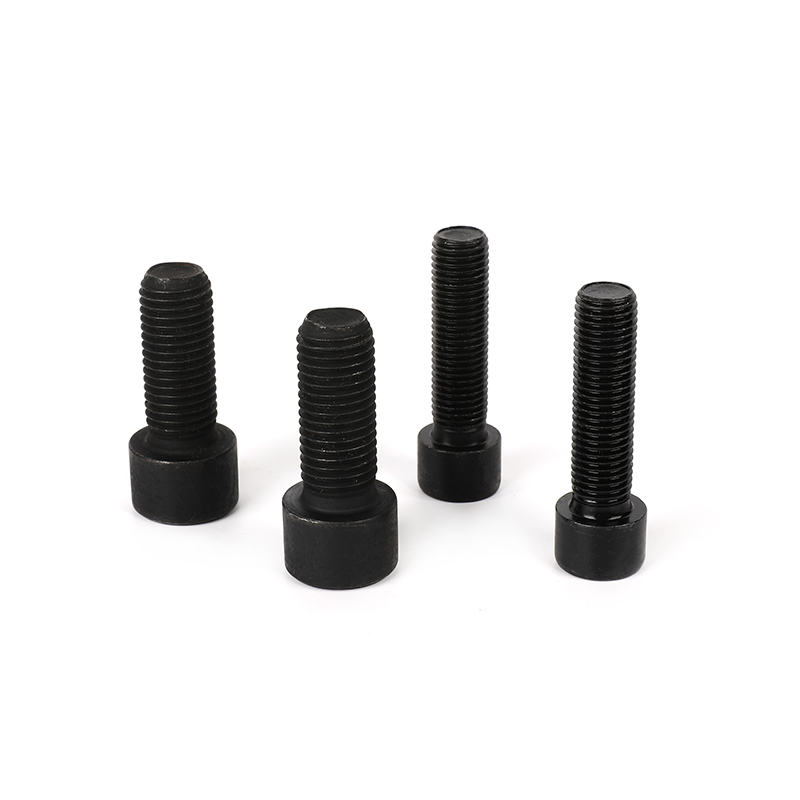
The Grade 8.8 black oxide full-thread hexagon socket bolts have an internal hex design and needs to be used with a wrench with a hex head. Its full th...
See Details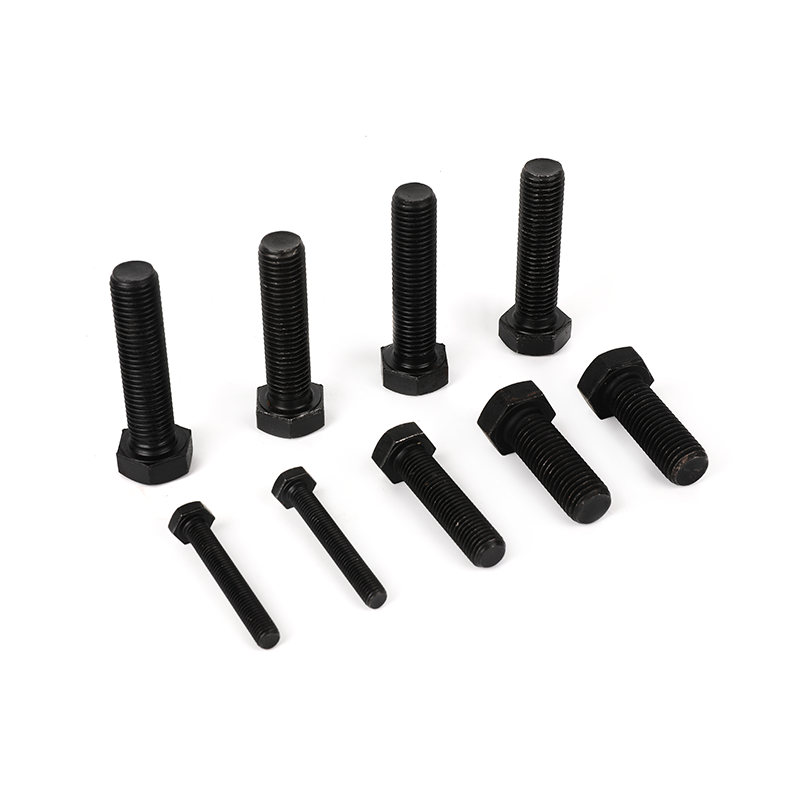
Grade 8.8 black oxide full-thread hexagon bolts is a very common fastener and requires a wrench or hex wrench to tighten it. Our hex head bolt meet th...
See Details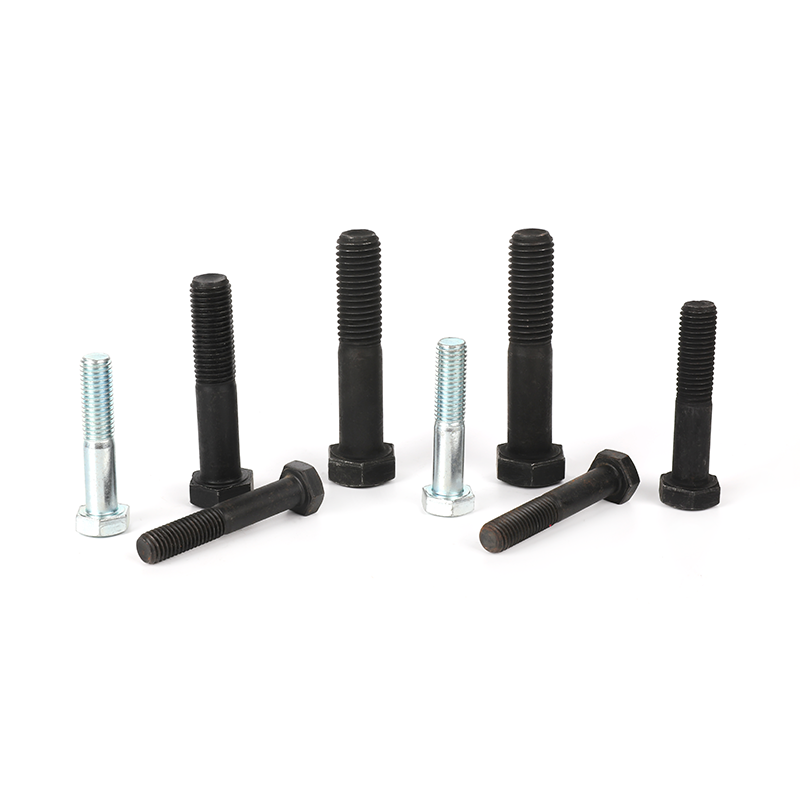
This product is made of high-quality carbon steel and undergoes a rigorous heat treatment process. It has high strength, good elasticity and toughness...
See Details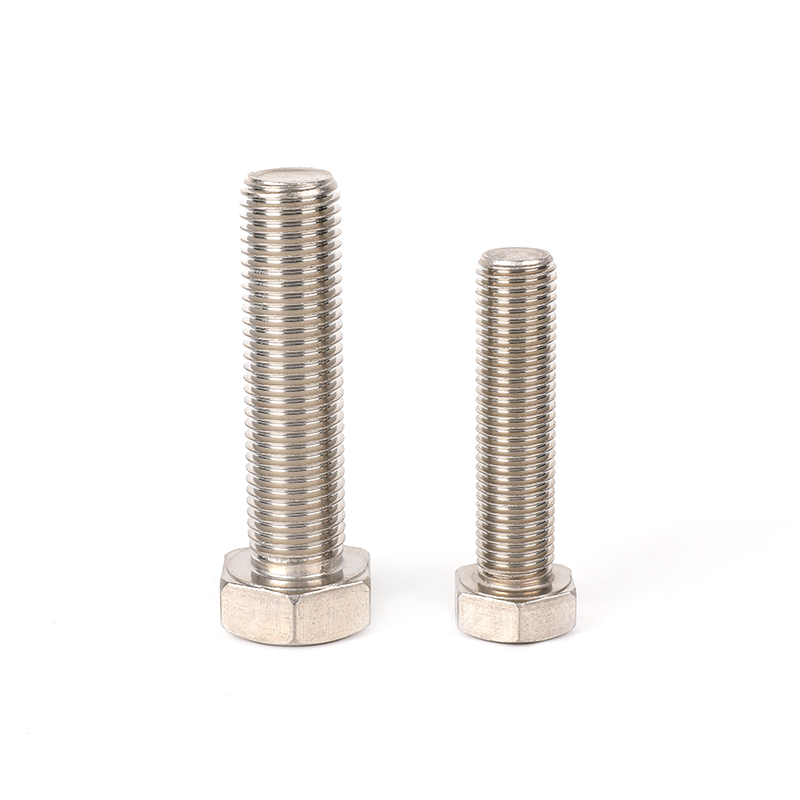
This 304 stainless steel plain full-thread hexagon bolt is a kind of fasteners made of high-quality stainless steel material and has corrosion resista...
See Details
This plain round flat head weld shoulder bolt is a fastener suitable for a variety of welding applications. Its flat head and round head design makes ...
See Details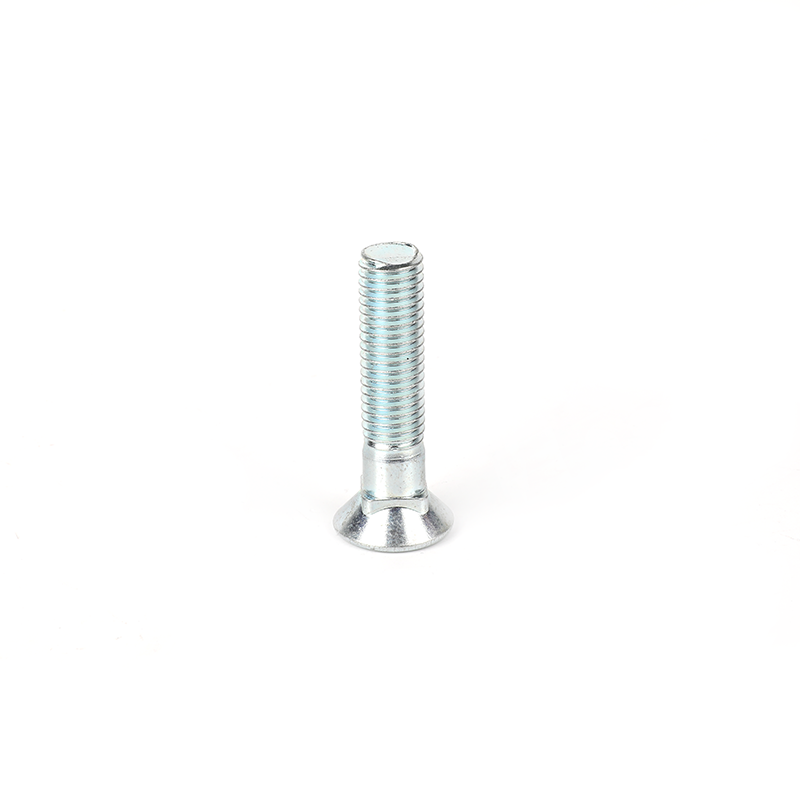
This Grade 12.9 zinc plated countersunk head square neck plow bolt has the advantages of high precision, high operability, high strength, and high ten...
See Details